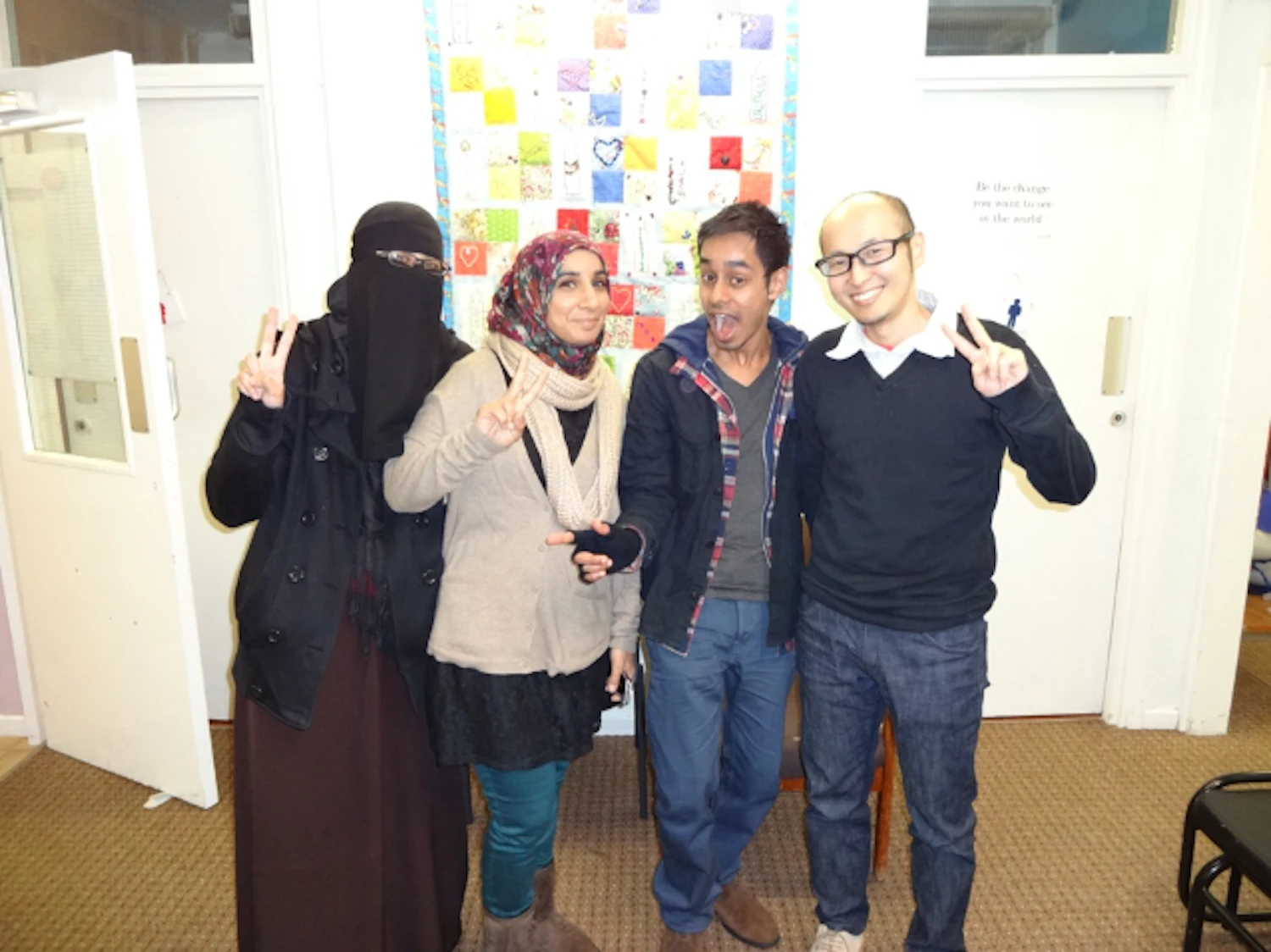Viewing the Modern Muslim Through the Hijab – Islamization, Individualization, & Fashion (Satoshi Adachi)


Professor at the School of Sociology, Kwansei Gakuin University. His specialties include theoretical sociology, religion and gender, and studies on modern Muslim women. He holds a PhD in Literature from Tohoku University. His research predominantly focuses on the relationship between faith and social participation among contemporary Muslim women, primarily in Malaysia and the UK. His publications include "Muslim and British post-9/11: Identities in Reflexive Modernity" (Trans Pacific Press, 2023), "再帰的近代のアイデンティティ論——ポスト9・11時代におけるイギリスの移民第二世代ムスリム" (Koyo Shobo, 2020), and "リベラル・ナショナリズムと多文化主義——イギリスの社会統合とムスリム" (2013, Keisoshobo). He received the Japan Sociological Society Encouraging Award (for Articles, 2011) and the same for Publications (2021).
(Profile picture taken in a alley near East London Mosque, Brick Lane)
Faith & Social Participation of Modern Muslim Women
Firstly, could you briefly explain the content of your research?
My research primarily investigates the relationship between the faith of Muslim women and their participation in modern society, from both theoretical and empirical perspectives. It is not categorized as “Islamic Studies” because it does not focus on doctrines, history, or institutions; rather, it targets individuals (i.e., Muslims) who practice Islam in the context of contemporary social life.This article is for members only.
Please register to read the rest of the article.
- Read members-only articles
and use text-to-speech. - Unlimited article favourites
and browsing history. - Attend members-only events.
- Get the latest information
with our email newsletter.
RELATED ARTICLES












